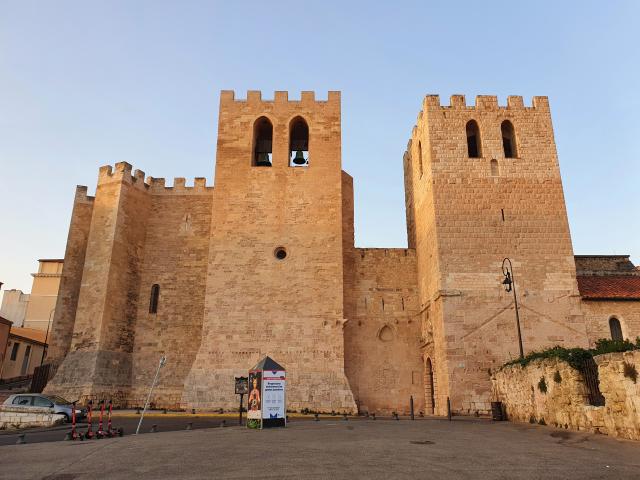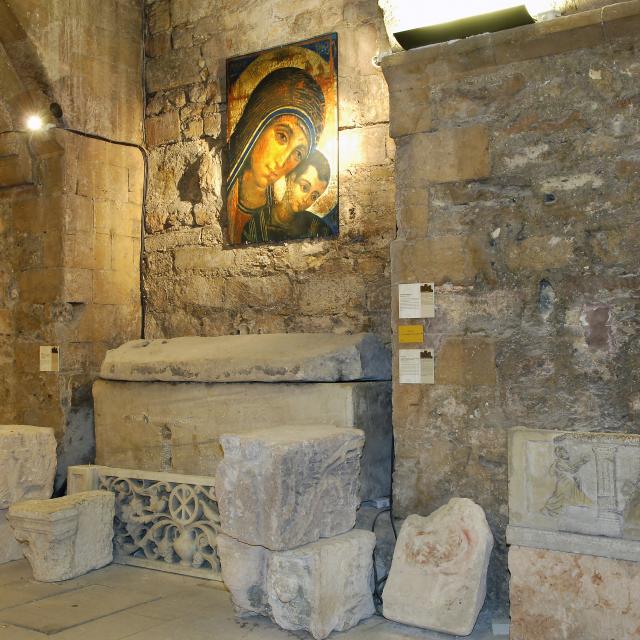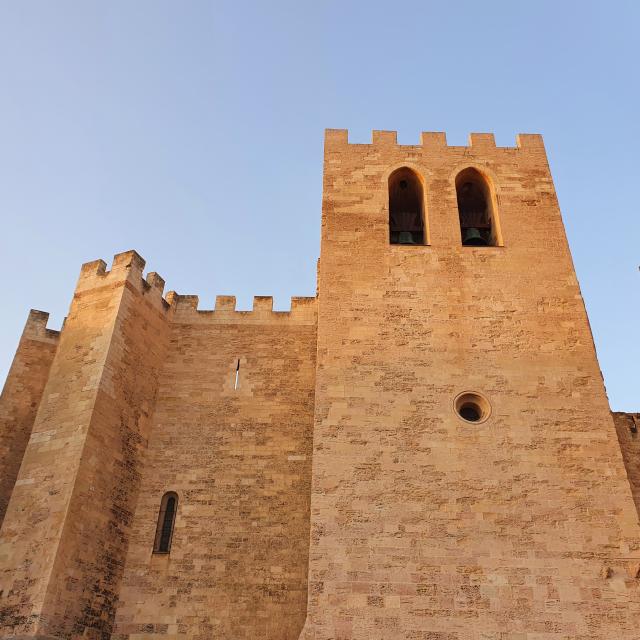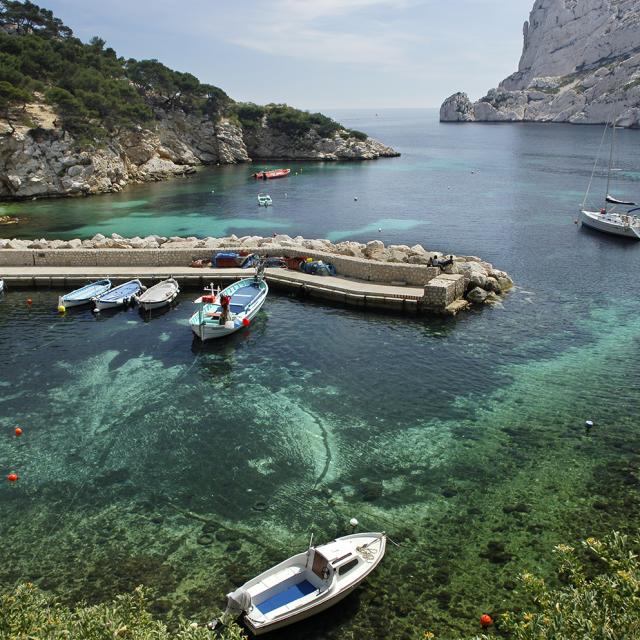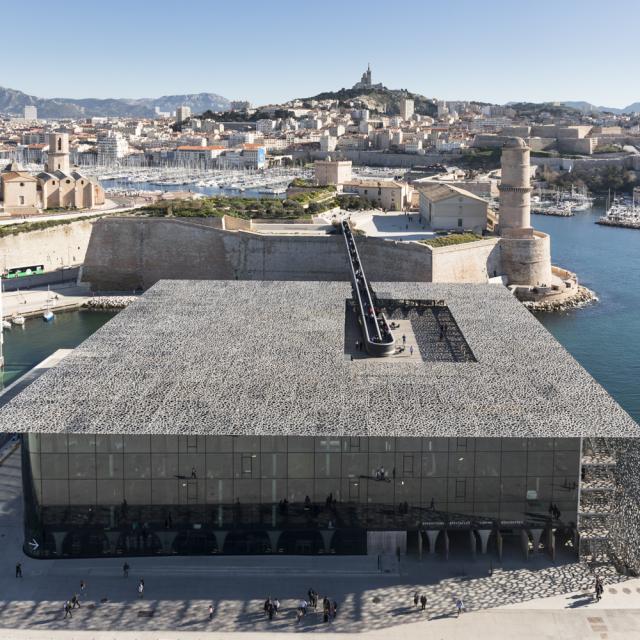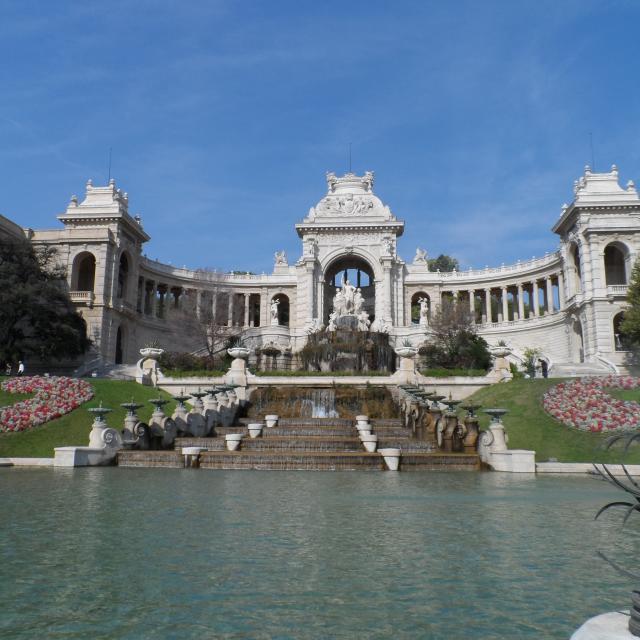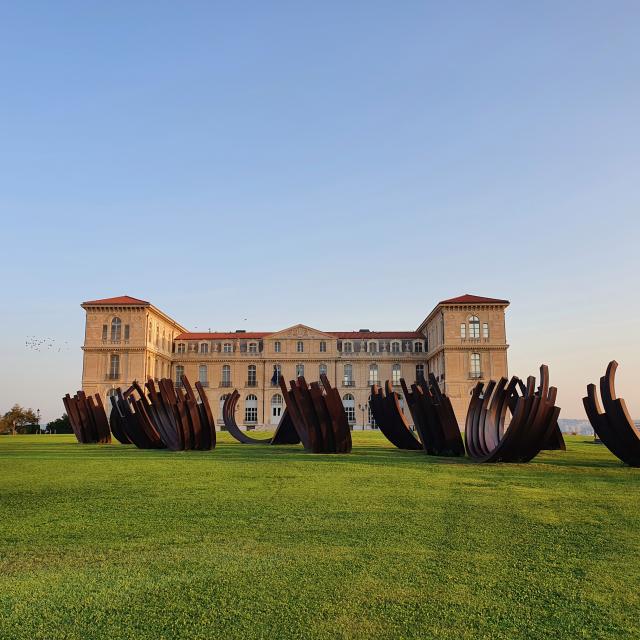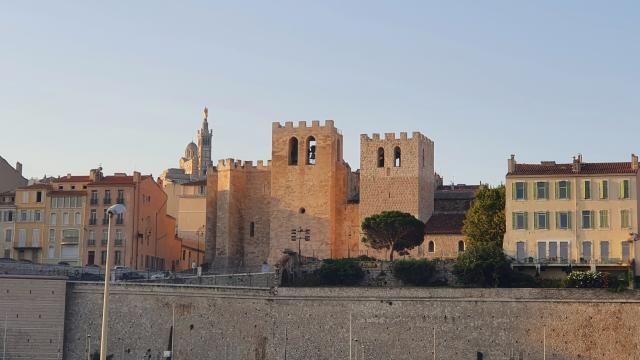
Origins
The Abbey was founded in the 5th Century by John Cassian and was welcomed with open arms by Proculus, bishop of Marseille (380-430). As an anchorite (a religious recluse), Cassian is thought to have introduced monastery life in Marseille. The relics of Saint-Victor – eponymous martyr of Marseille from the 4th century – are believed to be buried in the abbey in a tomb, around which the place of worship is organised.
